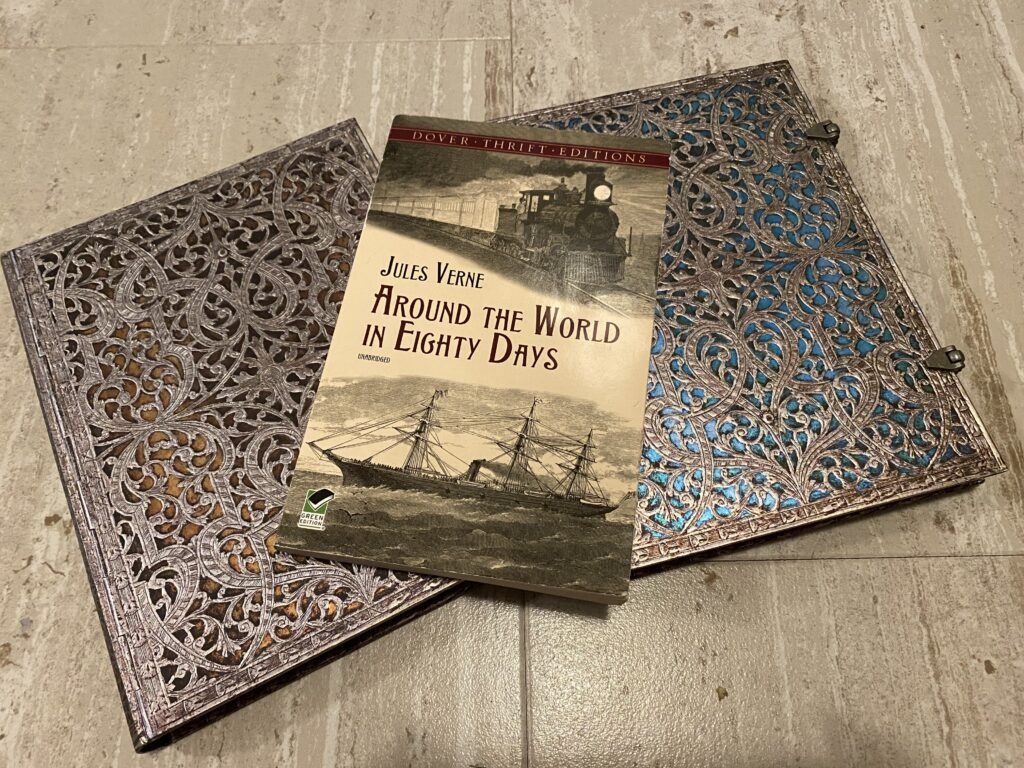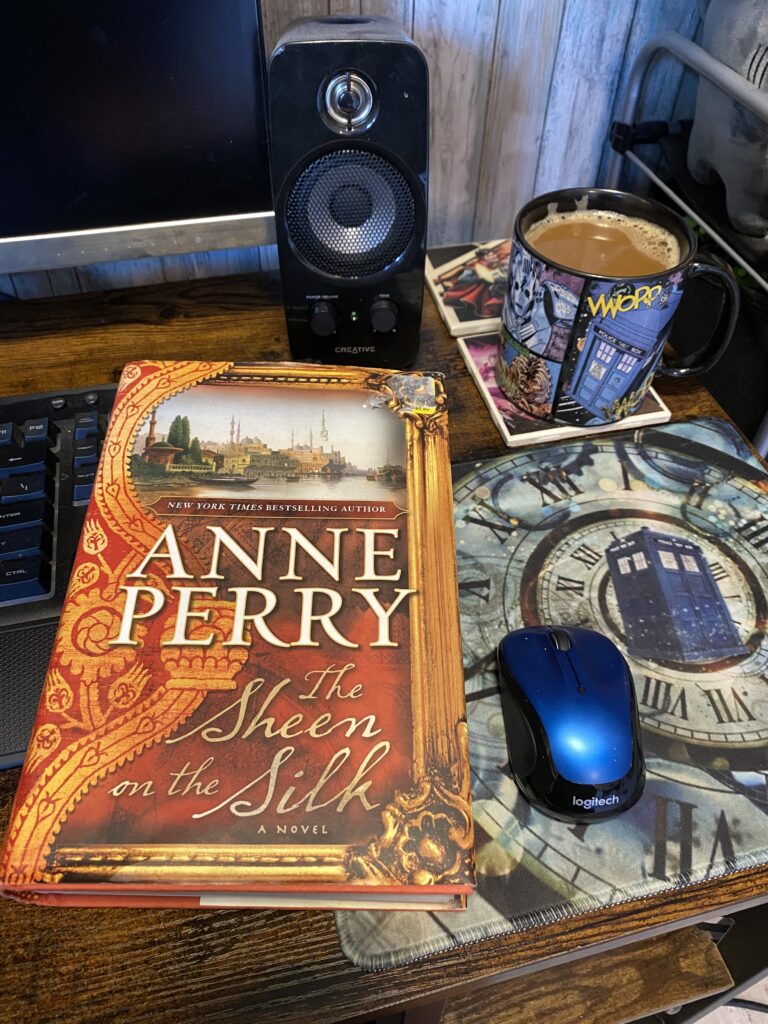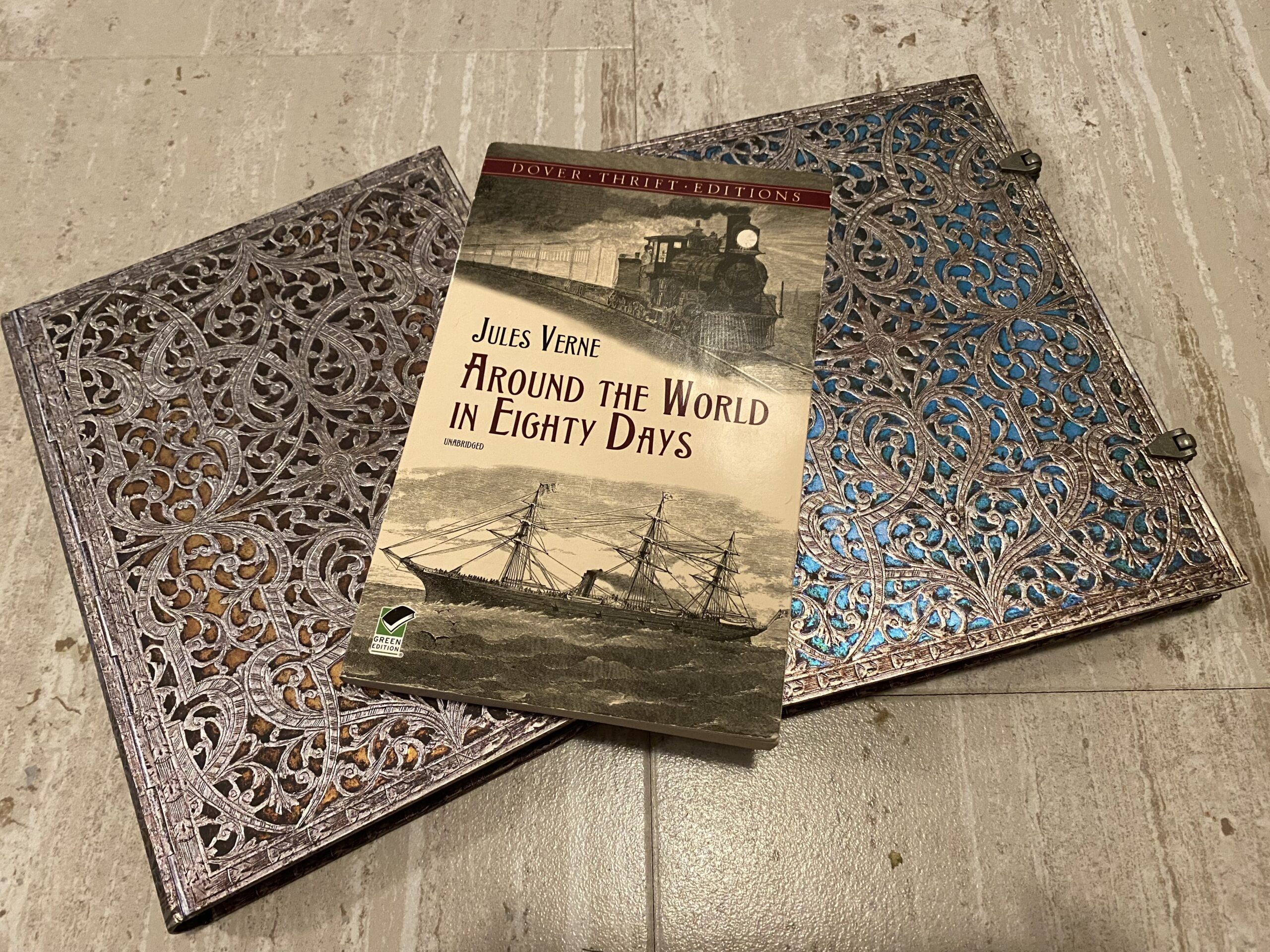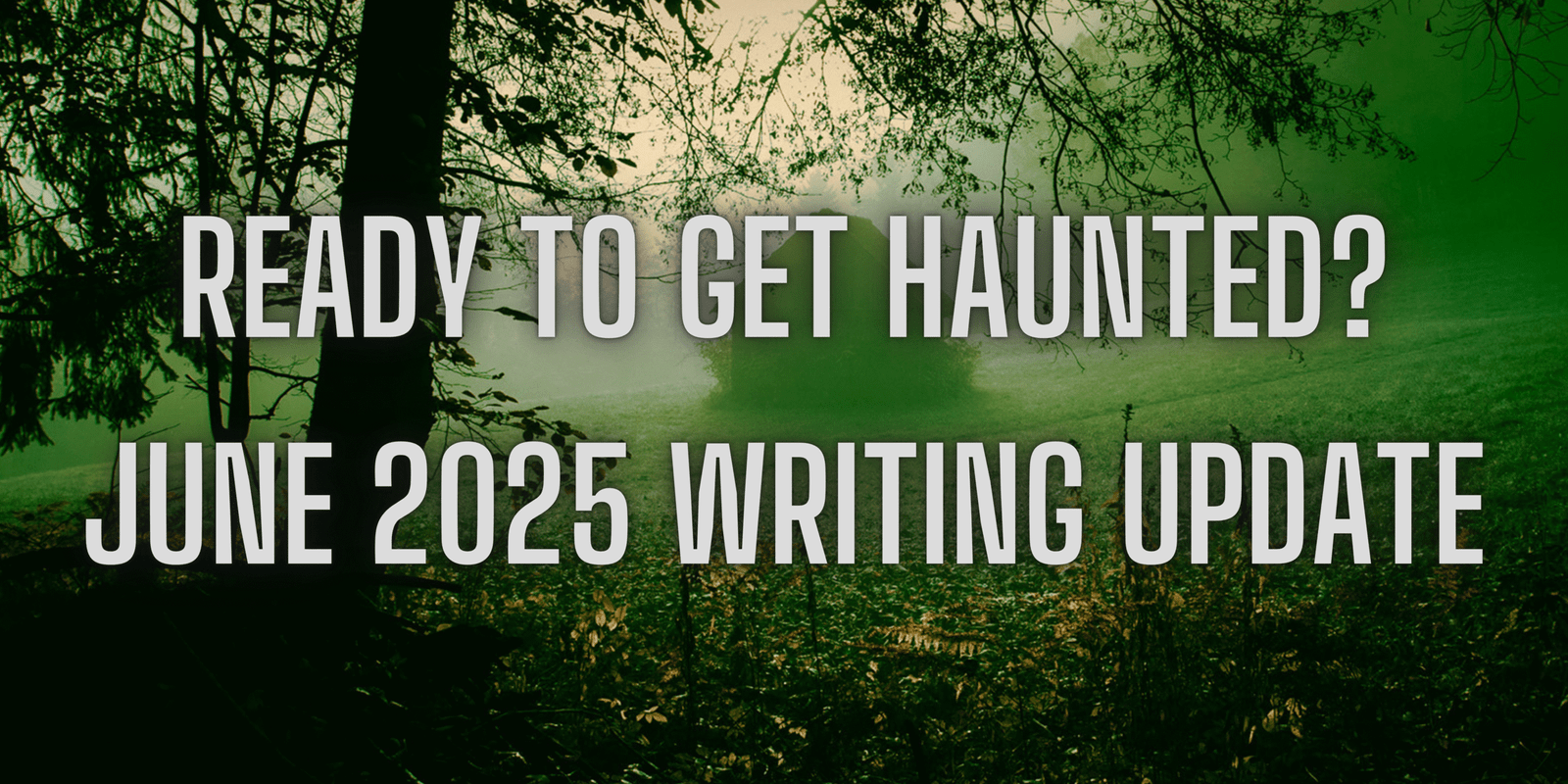August was a disappointing month for reading for a number of reasons. Not only did I not read as many books as I had hoped, but the two books I got through were a bit of a slog. It was a month of historical fiction, and that’s not typically a genre I go for. I was excited to read both stories, and I’m happy I finally read them, but these novels are far from the best books I’ve read this year. Luckily, September is off to a much better start for my reading list, so I can put these disappointments behind me.

Around the World in Eighty Days by Jules Verne: This is one of those classics that I just had to read. And I was really looking forward to it as I have enjoyed some of Verne’s other works. However, this one was a bit of a letdown. The story is more of a comedy, which is not what I typically go for when reading. And although the characters are likeable, there’s not a whole lot of character development.
I can see how when this was first published, it would have been a wild concept. But now, I’m pretty sure just about anyone could make the trip in less than eighty days – although I haven’t actually done the math or same meticulous calculations as Fog on this one. For readers when this was first published, this must have been an exciting and exotic adventure. For me, it reads like a dry travel guide. Moments of action are bookended by lists of the places they went. There’s too much telling and not enough showing.
It’s also uncomfortable to read something like this in 2022 when you get to the passages that compare civilized societies to the “uncivilized” ones. It’s easy to see this book as a product of its time, but that still doesn’t make it any easier to read through the passages that praise colonialism, imperialism, and racism. I will not be reading this book again.

The Sheen on the Silk by Anne Perry: I love Anne Perry’s William Monk series. And as a member of my high school Classics Club, I love learning about classical civilizations. I thought this novel would give me everything I wanted. It only kind of did.
As always, Perry’s characters are engaging and well developed. In some ways, Anna/Anastasius reminded me of Hester from the William Monk series. And the scenes featuring the crafty and manipulative Zoe Chrysaphes were very well done. But this book was my favourite of Perry’s work. This was a work of historical fiction first and a crime novel second, which was not what I thought I was getting based on the back of the book description.
Learning about Constantinople, Venice, Rome, the Byzantine Empire, etc. was interesting, but sometimes it took attention away from the main plot. Whole chapters deviated away from Anna’s struggle to prove her twin brother Justinian’s innocence in a murder plot. And those passages were filled with too much political intrigue for my liking. It’s not necessarily a bad thing, it’s just not typically the type of novel I would usually read, and it’s not the type of novel I thought I was getting when I first picked up the book.
That being said, I really, really enjoyed learning about the eunuchs of this time period. I found those characters, and their place withing society, fascinating. It also made for an interesting exploration of gender, and added more interest and tension to what would have otherwise been a rather clumsy love story.
Spoiler alert: Maybe this is just because of who I am as a person, but I was also disappointed by the ending. I felt it was too happy, too hopeful. With the way things were going in the final chapters, I really expected more characters to die – specifically Anna and/or Giuliano. But those two end up together in the end, as if their love story that occupied only a side plot was the most important element of the novel. Even proving Justinian’s innocence was swept aside in favour of many of the other side plots. There were just too many threads to tidy up in the end, and it all fell flat for me.



